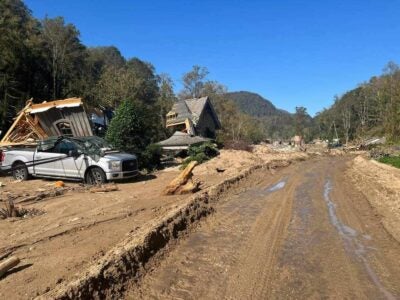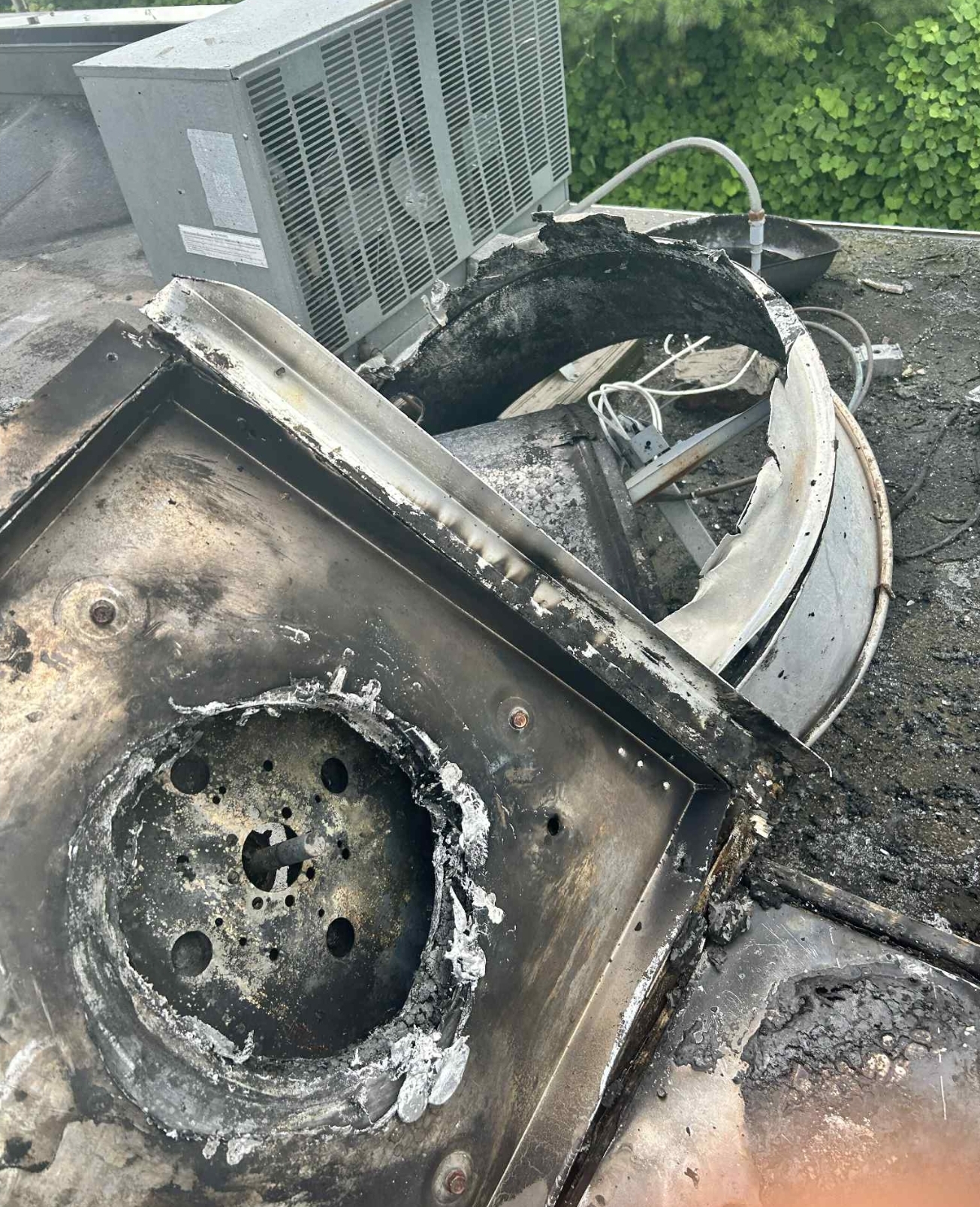Post-Helene considerations for homeowners
Published 12:35 pm Tuesday, February 4, 2025
|
Getting your Trinity Audio player ready...
|
After attending a panel discussion at the Hendersonville Board of Realtors on how to best assist real estate clients in the aftermath of Helene, I realized this information needs to be shared with all homeowners. Many believe that now that the storm has passed, the worst is over—but in reality, your home, your property, and even the industries that serve you have changed. Knowing what to do next and taking proactive steps can help protect your home, your finances, and your future.
Hurricane Helene devastated North Carolina, affecting communities from Tryon to Greenville County, Spartanburg, Hendersonville, Lake Lure, Black Mountain, and beyond. The destruction was more widespread than expected for an inland hurricane, bringing flooding, landslides, and infrastructure damage. As homeowners begin the recovery process, the challenges ahead go far beyond clearing debris and making repairs.
Many are frustrated with what feels like a slow federal response, but the reality is that the full scope of the disaster is still unfolding. FEMA officials have been surprised by the progress already made, but frustration remains as homeowners demand immediate action. However, beyond the visible damage, homeowners must also navigate a complex web of legal, financial, and logistical challenges—including property surveys, insurance claims, tax reassessments, and shifts in the real estate market.
If you own property in a flooded or eroded area, your legal boundaries remain intact even if landscapes have changed. Agricultural properties, in particular, may suffer from soil contamination and crop loss, potentially lowering their value. In many cases, a new survey may be required, especially if your lender needs it for title insurance, though your deed itself will not need to be updated.
Home inspections should be a top priority to uncover damage that isn’t immediately visible. Moisture intrusion, foundation shifts, and mold growth can lead to costly repairs if not addressed quickly. Electrical systems, HVAC units, and water heaters may need replacement or relocation to higher ground to prevent future flood damage. If you rely on well water, thorough testing is essential to ensure it remains safe for drinking and household use. Septic systems also require inspection, especially if heavy equipment was used in debris removal. Heavy machinery used for cleanup efforts can sometimes crush underground pipes, septic lines, and drain fields, causing further issues. Mold detection has become more advanced, with trained dogs now being used to detect hidden infestations before they become serious health hazards.
Flood insurance remains a critical issue. Many homeowners didn’t have coverage before the storm and are now facing out-of-pocket repair costs. The state is currently re-evaluating floodplains, and once new flood maps are finalized, insurance rates could rise significantly. Some homeowners may even receive loan calls from their mortgage lenders if their properties are reclassified as high-risk. FEMA may also require updated flood elevation certificates and modifications such as flood vents.
For those whose homes were destroyed or severely damaged, the FHA 203(h) loan program offers a little-known relief option, allowing eligible disaster victims to finance rebuilding or purchase a new home with no down payment and flexible credit requirements.
The long-term effects of Hurricane Helene will shape home values, tax assessments, and real estate trends for years to come. Rebuilding won’t be cheap or quick, as construction costs have surged, making it essential to review your insurance coverage to ensure it aligns with today’s market.
Despite these challenges, experts predict that any real estate downturn will be temporary. Western North Carolina remains a highly desirable place to live, with strong demand for housing. The region’s vibrant restaurants, outdoor recreation, and moderate climate continue to attract new buyers. While the road to recovery will take time, taking proactive steps now can help you rebuild stronger than before.

A devastating scene in the aftermath of Hurricane Helene shows widespread destruction, including collapsed homes, damaged vehicles, and mud-covered roads in Western North Carolina. (Photo by Kirk Gollwitzer)






